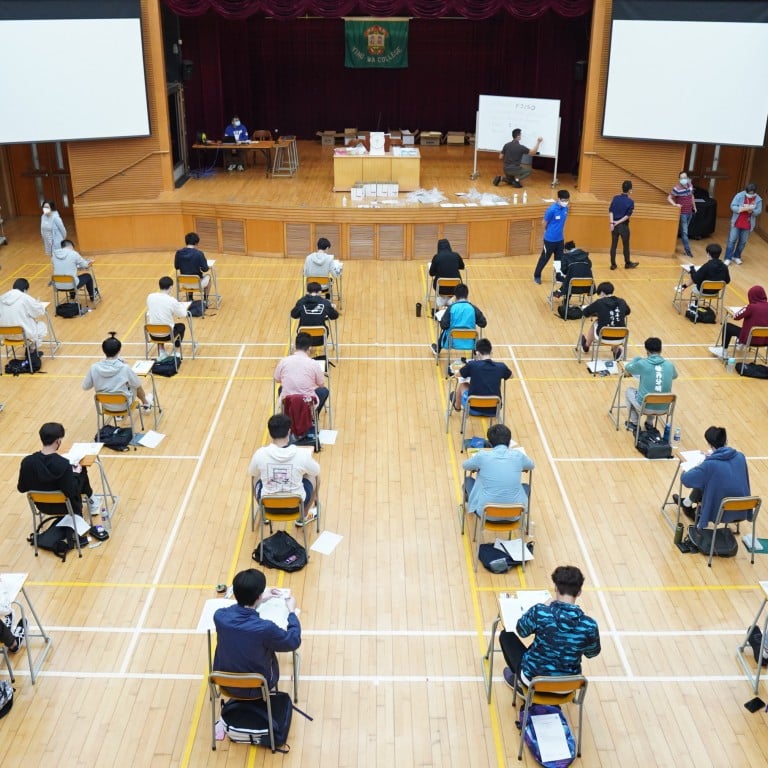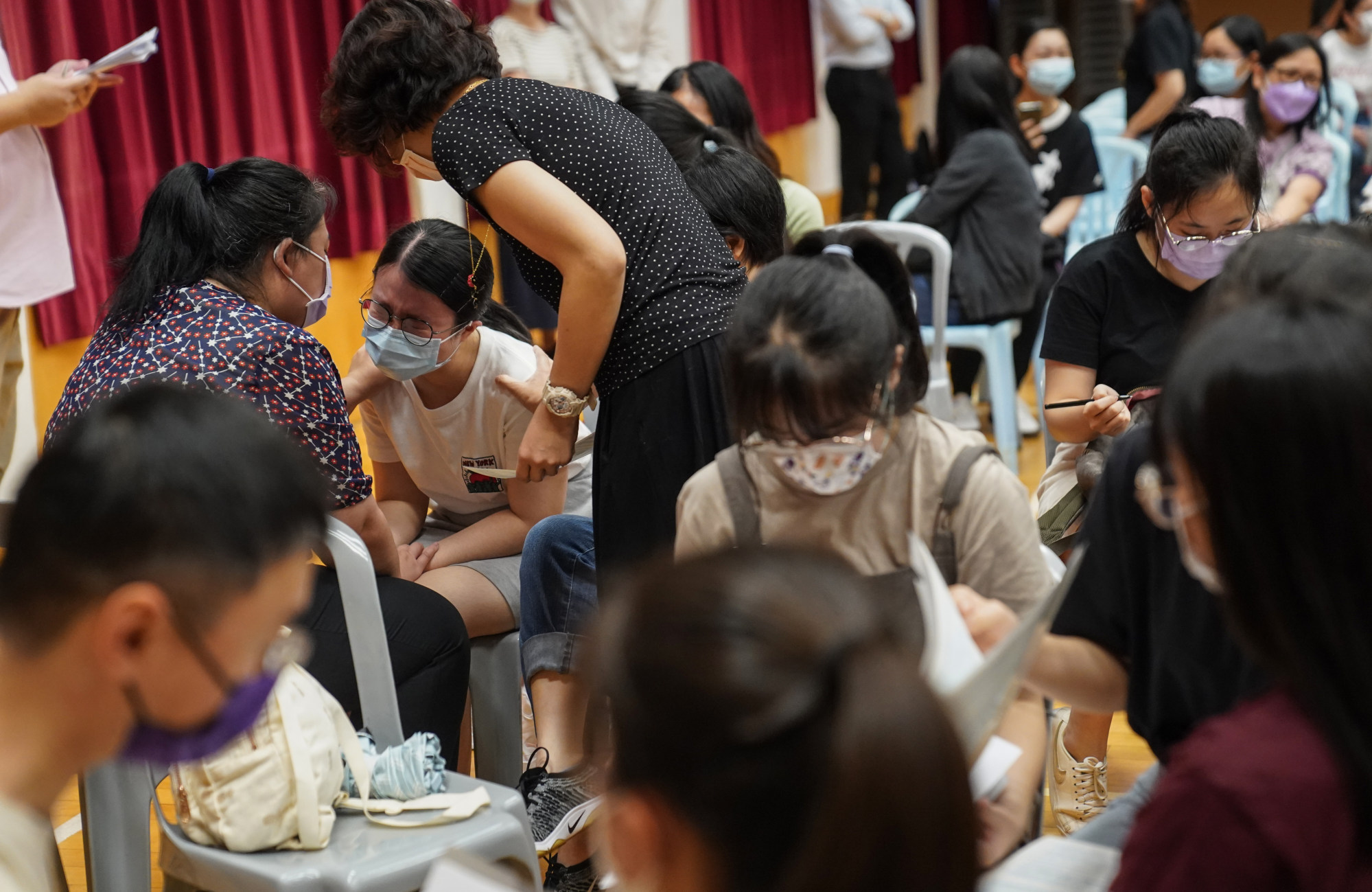
Reform of Hong Kong’s education system should start with less focus on standardised tests
- Drilling students for exams that fail to measure deep understanding and key skills or prepare them for the real world of work will not alleviate Hong Kong’s talent shortage
- What’s more, standardised tests put students from lower income backgrounds and ethnic minority groups at a disadvantage
While we can debate how to change our education system for the better, it seems clear from the data that “business as usual” is not the way to go. And although education reform is a multifaceted issue, changing how students are assessed can be the much-needed first step.
At present, we rely on standardised tests, which are not good indicators of deep understanding or key skills. Attributes such as teamwork, curiosity, resilience, empathy and morality simply cannot be measured. Moreover, studies have at best shown a statistically insignificant relationship between deepness of thinking and high grades, and at worst a statistically significant relationship between shallow thinking and high grades among some younger learners.

Three fundamental changes are needed.
The first involves providing multiple pathways for students to succeed. This includes adopting a holistic admission system for universities, and rethinking vocational training.
A holistic admission system would take into account applicants’ experiences and attributes beyond their public examination scores. A study conducted by UC Berkeley researchers concluded that in-school grades are the single best predictor of success at university. It seems reasonable that universities should consider pupils’ long-term performance.
Holistic admission also rewards those who are truly passionate about their chosen subject and have explored it outside school. It also takes into account students’ socioeconomic backgrounds, putting underprivileged students on a more equal footing to their peers.
Regarding vocational training, Hong Kong needs to create equal pathways and recognition for students whose passion and skills lie outside academia. The Qualifications Framework, created by the Legislative Council in 2007, attempted to unify qualifications across academic, vocational and professional sectors.
In Germany, for example, vocational programmes are highly recognised and draw applications even from students capable of getting into universities. The main difference between Germany’s system and ours is its “dual apprenticeship” model. Students spend up to 70 per cent of their time at vocational schools interning with various employers, while studying a complementary curriculum at school.
As a result, students acquire the skills and experience that employers want. This system could also arguably contribute to lower levels of inequity as it provides access to well paid, stable career paths for students who lack academic interest or rigour.
Success stories: five Hongkongers saved by hands-on training
The second fundamental change needed is a pivot to measuring what matters the most. As mentioned earlier, standardised tests are not meant for measuring skills like deep thinking and teamwork. There is a saying in education that “assessment dictates instruction”. If a skill is not measured, it will not be taught.
Consider the example of Finland, where teachers are given the freedom to design school-based projects for students in lieu of exams. Students work in teams to conduct in-depth research on a topic, and use various methods to present their findings to their peers, teachers and parents.
These formative assessments, combined with summative standardised tests taken at the end of secondary school, paint a more holistic picture of students’ abilities.
In a positive example, US universities Harvard and Princeton consider students’ responsibilities at home, such as taking care of elderly relatives or siblings, as a form of social service, and recognise that in many cases, the ability to take part in volunteering is a luxury.
Reforms in assessment and university admission criteria are the first step in our uphill journey to improving the quality of our local talent. These changes will also trickle down to other areas – improved mental health among students, strengthened whole-person development, and increased engagement from employers are just some of the benefits we can expect from a change in how we measure our students’ success.
We have to act quickly to defend the long-term prosperity and competitiveness of our city. We can’t afford to drift along as others are working hard to outgun us.
Kenny Lam is a Master of Education student in learning design, innovation and technology at the Harvard Graduate School of Education. He co-founded the student mentorship organisation Boundless
Paul Yip is a chair professor (population health) in the Department of Social Work and Social Administration at the University of Hong Kong




